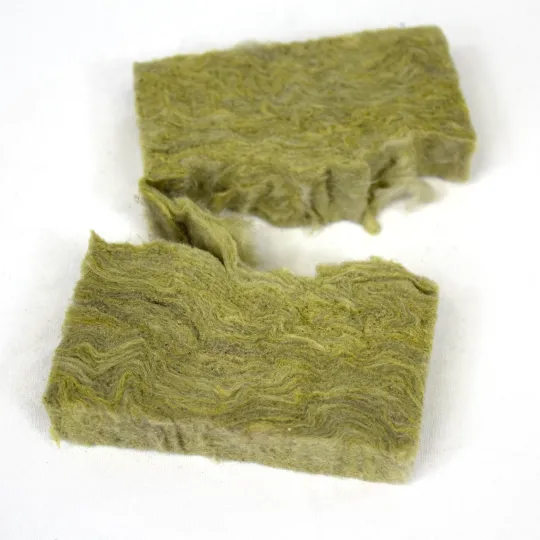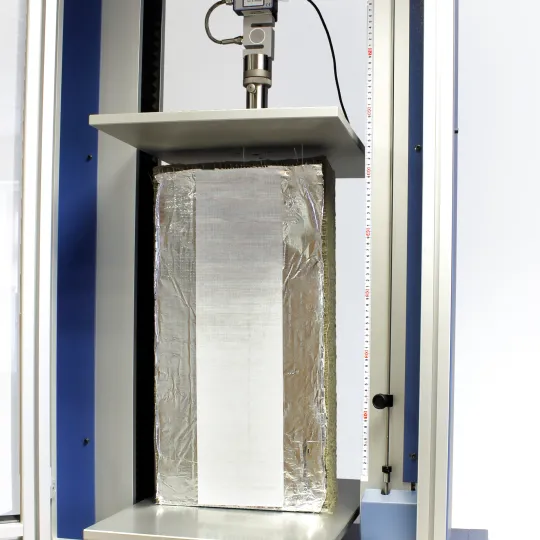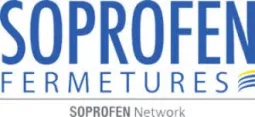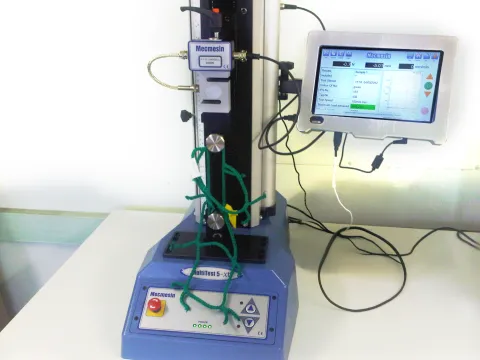Mineral wool insulation panel testing
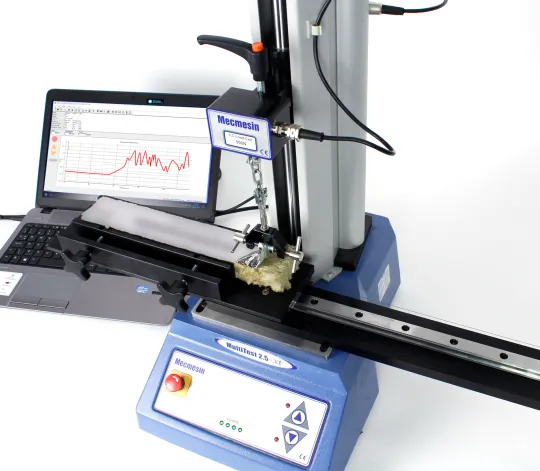
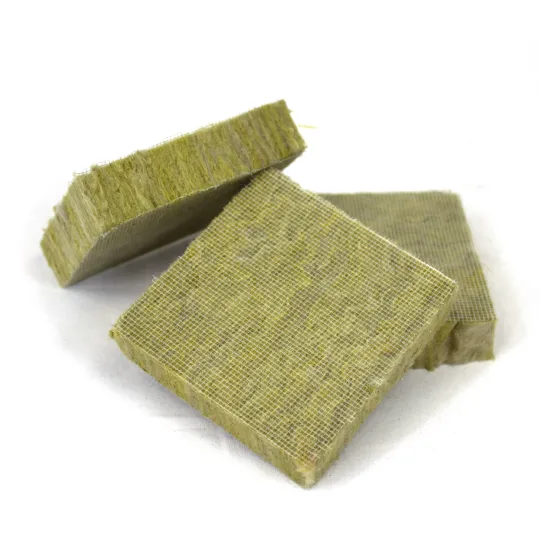
Solution
- Software-controlled force testing system
- Selection of load cells with capacities to match test loads
- Selection of tension grips, compression plates
- Peel table fixture and bend jigs
Benefits
- Flexible programming environment to implement test standard methods
- Fixtures available for complte site of test routines
- Multiple tests able to be performed on one or two machines
Requirement
Mineral wool is a type of non-metallic inorganic material, comprising either stone or silica as its main ingredient. The stone-based material is also known as ‘stone wool’ or ‘rock wool’ and is formed by a process of spinning molten volcanic rock at 1500 ºC into fibres. The material has outstanding thermal, fire and acoustic properties, and finished products are used primarily for insulation— typically in buildings, vehicles, and other industrial equipment such as HVAC pipework, boilers and storage tanks.
When formed into a fibrous mat, impregnated with resin and cured to form rigid boards, it is used as the low-density insulating core layer between two thin high-density faces, bonded to form a sandwich panel. Due to their high tensile and compressive strength allied to high dimensional stability, these finished sandwich panels are used extensively in civil engineering projects for light-weight roof, floor and wall claddings in building structures.
These structures are subject to permanent loads, both self-weight and external forces such as those caused by weather conditions; standing water, snow and ice build-up or wind. Testing the physical integrity of the panels is essential to verify resilience to in-service loads and for safety compliance.
Solution
The high load-bearing capacity of sandwich panels is the result of a rigid bonded connection between the core mineral wool material and the cover faces, so it is important that the adhesive bond is tested for its integrity. This is achieved by appropriate peel testing, typically at a constant 90 degree angle.
Elsewhere, mechanical strength testing should be designed to verify the effectiveness of the load-bearing functions of the constituent panel elements; the bending moment distributed to the two faces in the form of axial forces and the shear loads borne by the core layer.
Further testing to ensure the performance of rock wool material and sandwich panels is performed using various other methods, some of which are included below:
- 3-point and 4-point bend compressive strength of panel sections (ASTM C393, EN 12089)
- Tensile shear test—single and double test specimens (EN 12090)
- Tensile strength—perpendicular to faces (EN 1607) and parallel to faces (ASTM C297, EN 1608)
- Compressive strength of material (EN 826)
- Single point compressive loading (EN 12430)
- 90 Degree Peel Resistance of Adhesives (ASTM D6862)
Mecmesin test systems are capable of applying tensile and compression forces to test specimens and a range of fixtures further enable the application of peel, bend/flexure or shear loading. Single and twin-column machines provide the necessary load capacity and physical test space to accommodate representative test specimens.
Mechanical strength typical specifications
| Characteristic | Symbol | Values | Tolerance | Standard |
|---|---|---|---|---|
| Density | - | 130-200 kg/m3 | ±10% | - |
| Compressive Strength at 10% deformation | CS(10) | 60-100 kPa* | - | BS EN 826 |
| Point Load strength | PL(5) | ≥500 N | - | BS EN 12430 |
| Tensile Strength perpendicular to faces | σmt | ≥15 kPa | - | BS EN 1607 |
Test equipment
- Multitest single column or twin-column test sytems
- Appropriate capacity loadcell
- Assissted-peel pull table
- Spcific tension grips and compression plates
- Bend jig


